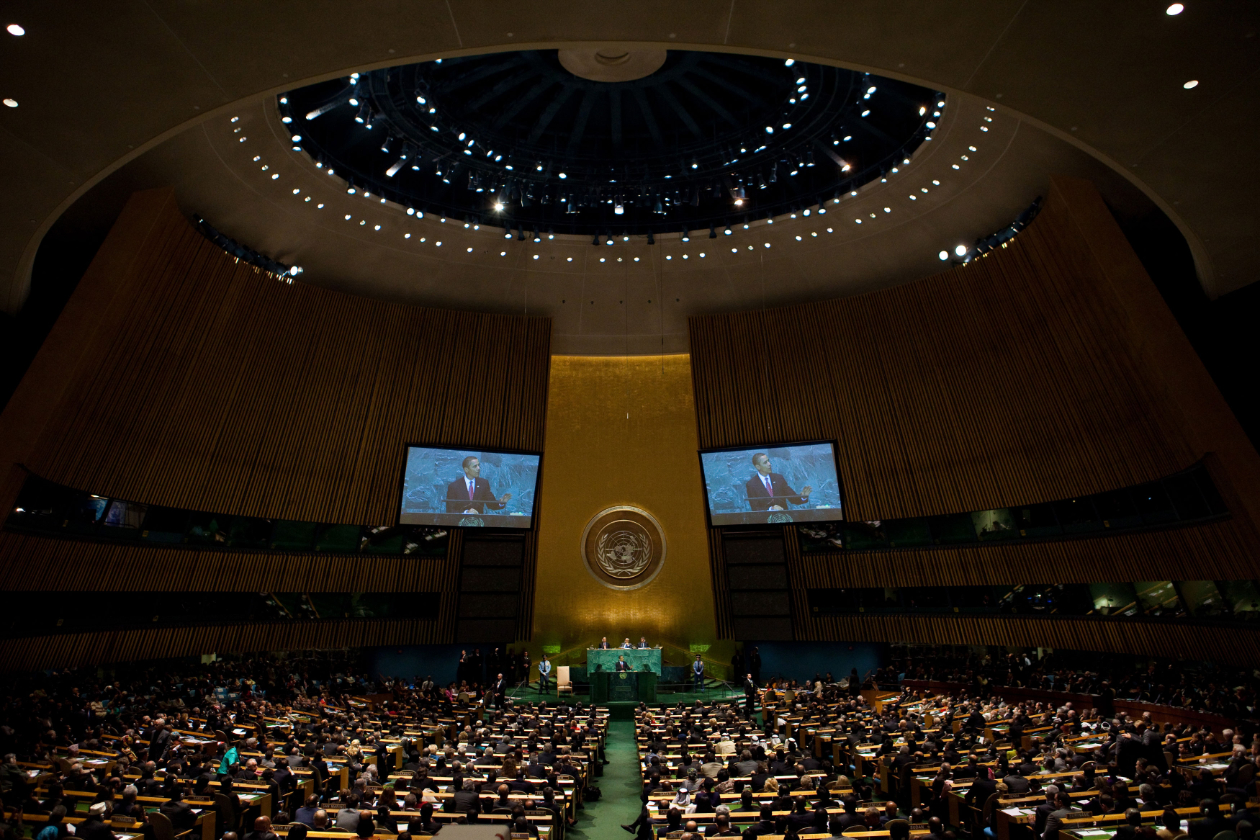The fourth article in a series by the writer William Collins, each article being a chapter from his book The Destructivists: How moral usurpation is being used to control us and change every aspect of life without our consent. If you haven’t read the previous chapters we’ve published you may want to do so before reading this one. They are listed above. With thanks, once again, to William for allowing us to publish these chapters. Ratnaguna.
We have seen in the preceding chapters how the capture of the (ostensible) moral high ground can be a means of acquiring power and how it appeals to the elites. I have also alluded to feedback mechanisms which consolidate the process. In this chapter we look in slightly more detail at different forms of power and how these relate to various groups in society and the power trading arrangements between them.
Social ascendancy, that is control over society, is achieved by the elites based on four “instruments of control”: money, legislative and civic power, control of information, and moral standing. All four of these instruments of control are forms of power, but I distinguish the power of Governments or quasi-governmental bodies under the term “legislative and civic power”. Control of information relates to the ability to spin or propagandise or otherwise control the factual content to which the masses are exposed. By “moral standing” I mean how the general public perceive the conformance of an individual or group to the social morality. Recall that the social morality need not align well with the true morality, and therein lies our problem.1
In medieval times in the West, the aristocracy, together with the Christian Church, possessed all four instruments of control. Indeed, this largely persisted until the twentieth century, though the early dissidents of Catholicism, and ultimately the Reformation, had already begun to dent the Church’s “control of information” by translating the bible into modern European languages. Later this authority of the Church over knowledge was lost catastrophically with the rise of science, though scientific knowledge remained the possession of an elite, albeit now a secular elite.
The centuries of struggle towards democracy can be seen as the gradual wresting of perceived moral validity from the elites to the masses. Only as the moral battle was won did it become possible to translate it into the political enfranchisement that is normally taken as synonymous with democracy. Few now appreciate that “democracy” was a dirty word across almost the entire political class until the twentieth century. In the nineteenth century, equality of political enfranchisement was regarded as a dangerously radical notion fit only for the mouths of revolutionaries, atheists and other degenerates. A quote from Disraeli from his speech proposing the Second Reform Act in 1867 makes the establishment disdain for democracy abundantly clear, “we do not live – and I trust it will never be the fate of this country to live – under a democracy. The propositions which I am going to make tonight certainly have no tendency in that direction”. (They did, of course, which is probably why he felt it necessary to protest otherwise). Overcoming this moral hurdle was the key to the democratic parliamentary vote. The largest contribution to leaping this moral hurdle arose from the slaughter of World War One, an historical fact which is now submerged beneath the falsity that is the feminist version of universal suffrage.2 Do please note that the influence of that slaughter operated entirely through its seismic repercussions upon moral perceptions.
I labour this point to emphasise that the capture of the moral high ground was the mechanism for the masses achieving a degree of legislative influence, and hence, at least in principle, the opportunity for greater financial fairness too. Gaining control of the moral axis leads to getting one’s hands on the other instruments of control: control of information, legislative and civic power, and money.
In 2014 I examined the annual Global Gender Gap reports, Collins (2014), World Economic Forum (WEF) (2021). I discovered that these reports are simply feminist propaganda. These massive compilations of data purport to measure inequality based on sex, but actually the measure used filters out any disadvantages to men or boys by redefining it as equality. By this measure, “women’s equality” will be achieved only when women are advantaged over men in every sphere of life. I note in passing that a more cautious academic critique than my own, and an alternative, fairer quantification of global gender gaps, has been published by Stoet and Geary (2019). I raise this issue only because the annual Global Gender Gap reports are funded by the WEF. I asked myself at the time why would the acme of international capitalism be funding feminism? What’s in it for them?
Much the same question can be asked now in more general form. Why has Wokeism (surely the successor to feminism) become dominant in all centres of power and authority? Why, for example, are Western national Governments, the United Nations and the European Union as well as the World Economic Forum so active in supporting this axis of opinion, especially in its feminist form? What’s in it for them? Are these globalist institutions the useful idiots of Woke, or are the Wokeists the useful idiots of the globalists?
This puzzled me for years, but I think the answer is now available. The answer lies in the symbiotic relationship between three power groups and how they mutually trade in the four “instruments of control”, each supplying what the others lack. In other words, it is an ecosystem of power. These are the three power groups and their trading positions,
(1) Government and quasi-governmental bodies, including the judiciary, the civil service, and quasi-autonomous publicly funded bodies and all functions controlled by these organisations: This includes the governmental aspects of international bodies (the UN, the EU, the political members of WEF). Their major trading asset is legislative and civic power. They also have access to money through taxation. Their major trading deficits are control of information and moral standing.
(2) Corporate Entities: This includes the corporate aspects of international bodies (including the corporate members of WEF). Their major trading asset was, and remains, money. However, in recent times they have also acquired, through “big tech”, a strong control over information. This is the most significant recent change underlying our predicament. It is responsible for further strengthening the Woke Industrial Complex which is being described here. The main trading deficits of the Corporations are legislative power and moral standing, especially the latter. Corporations often suffer from negative moral standing and so are especially desirous to obtain improved moral credentials.
(3) The Intellectual (or Ideological) Clerisy, including much of the academy, the media, the charity sector, the entertainment industry and the arts: Their major trading asset is (ostensible) moral standing, plus their control over information. Their major trading deficits are lack of direct legislative or civic power and lack of independent funds.
Laid out in this manner it will be clear how each of the three players stands to benefit by trading their assets for their deficits with the other players. In particular, Governmental and Corporate bodies require access to the moral standing which gives the Ideological Clerisy their strong trading position. Do bear in mind what I have already emphasised as regards the crucial role of moral standing in maintaining the elites’ social ascendancy.3 In return the Ideological Clerisy obtain the funding on which they thrive, and also influence over legislation.
In respect of the all-important “control of information”, the Corporate entities and the Ideological Clerisy have an obvious complementary relationship in that the former controls the medium whereas the latter controls the content.
Although expressed in my own manner, this three-way symbiotic system is essentially the same as that which Ramaswamy (2021) denotes the “Woke Industrial Complex”, hence my use of that term. It consists of the above Triumvirate in a power-trading ecosystem.
The elites live within this system and control it. This Triumvirate defines the elites, whilst their mutual trading in the four instruments of power establishes and maintains their overall power dominance.
Let me address the inevitable cries of “conspiracy theory”. No conspiracy is necessary for this symbiosis to arise. If there is a means by which people can empower and/or enrich themselves and/or enhance their status whilst attracting no criticism, and perhaps even being lauded for it, and if the wider societal implications remain unknown and no action is taken to suppress these behaviours, then the process will occur quite naturally. There need be no conspiracy, no more than there is a conspiracy amongst weeds to take over my garden; it is necessary only that I fail to stop them.
There might be nothing much wrong with this process if the morality being traded by the Ideological Clerisy were the true morality, or at least some acceptable approximation. But there is nothing in the process which ensures this. On the contrary, the process provides a means of amplifying, and making socially obligatory, potentially any social morality. The moral usurpers cannot massage the accepted narrative overnight, nor in completely arbitrary directions. But the social morality can be manipulated slowly, nudged gradually over time, in a direction which suits an ideological perspective.
However, it is not only ideology which is the source of the contagion. There is also something more basic: human frailty. We humans are prone to lapse into bad behaviours without any encouragement being necessary. Common failings of character play a large part in corrupting the morality which evolves in this symbiotic process. Greed, envy, resentment, fear and simple laziness are the seeds of the weeds which arise in the garden. The human psyche provides the fertile ground.
The triumvirate persists in its mutual reinforcement behind the moral smoke screen which prevents it being perceived and hence brought down by popular revolt. This is then, finally, the fully mature Moral Usurpation process, embedded in the wider society. To recap, the social morality is usurped by taking advantage of its mutability. This sustains the power of the elites by providing them with moral credibility. This process is then embedded within the triumvirate of the Woke Industrial Complex which stabilises it and locks all sources of control into the one self-sustaining ecosystem.
The Ideological Clerisy presents itself as opposed to the powerful but morally questionable Government and Corporate axes. But this is subterfuge; they are actually complicit within the system, living off its funds and strongly influencing legislation. This is why the WEF and the whole establishment, national and globalist, are feminist; it is why the Corporations have gone Woke.
Good luck explaining that to an infantilised Woke student social justice warrior. They will not enjoy being told that they are being played by the globalist capitalist elites.
References
Collins, William. (2014). Global Gender Gap Report (a critique of the 2014 edition), The Illustrated Empathy Gap, 8th November 2014.
Ramaswamy, Vivek. (2021). Woke, Inc.: Inside the Social Justice Scam, Swift Press (17 Aug. 2021).
Stoet G. and Geary D.C. (2019). A simplified approach to measuring national gender inequality. PLoS ONE 14(1): e0205349.
World Economic Forum (2021), Global Gender Gap Report 2021, 31 March 2021,
To buy Collins’ book go to The Destructivists: How moral usurpation is being used to control us and change every aspect of life without our consent eBook : Collins, William,: Amazon.co.uk: Books
Footnotes
- Social morality is the accepted moral norms of a society, not all of which are necessarily truly moral. An instance of this is the view that homosexuality is immoral, and therefore illegal, which is the case in many countries, and indeed used to be the case in the UK.
- For an explanation on this, go to (76) Centuries of Oppression: Part 19 – Was the 1918 Act a Reward for Returning Heroes? – YouTube
- See The Appeal of Moral Usurpation to the Elites – Apramada.



